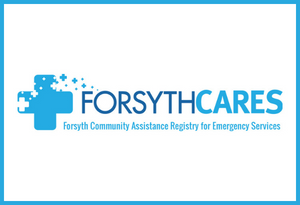
- By T. Tsujii
- Posted Wednesday, September 7, 2022
North Carolinians Serving Felony Sentences, Who Are Not in Jail or Prison, May Register to Vote
Starting July 27, 2022, an individual serving a felony sentence who is not in jail or prison may register to vote and vote. An individual must also have resided in North Carolina for at least 30 days prior to the election, be a U.S. citizen, and be at least 18 years old by the next general election.
Previously, under a North Carolina statute, a person serving a felony sentence could not register to vote or vote, whether they were in or out of prison, until they completed that sentence. This meant that felons serving probation, post-release supervision, or parole were not able to register or vote, until they completed their term of supervision.
Earlier this year, however, a North Carolina superior court determined that denying voting rights to people serving their felony sentences outside of jail or prison violates the state constitution. This decision has been appealed; however, while it is on appeal, the North Carolina Court of Appeals has ordered that the decision should go into effect as of July 27, 2022.
This means that, for the time being, any person serving a felony sentence outside of prison or jail is eligible to register to vote and vote. Those in jail or prison for a felony conviction are not allowed to register or vote. If a person is in jail awaiting trial for a felony but has not yet been convicted, they retain their voting rights. In North Carolina, a person never loses their voting rights for a misdemeanor conviction.
As of July 27, the State Board will update its website and voter registration forms and other voting-related documents to reflect this new information on felon eligibility. The agency will update this information upon any further order of the courts.
Because it is not possible to immediately replace all voter registration forms that are in circulation across the state, county boards of elections have been instructed to accept voter registration forms with outdated felon eligibility language, as long as the applicant is currently eligible to register as explained above.











